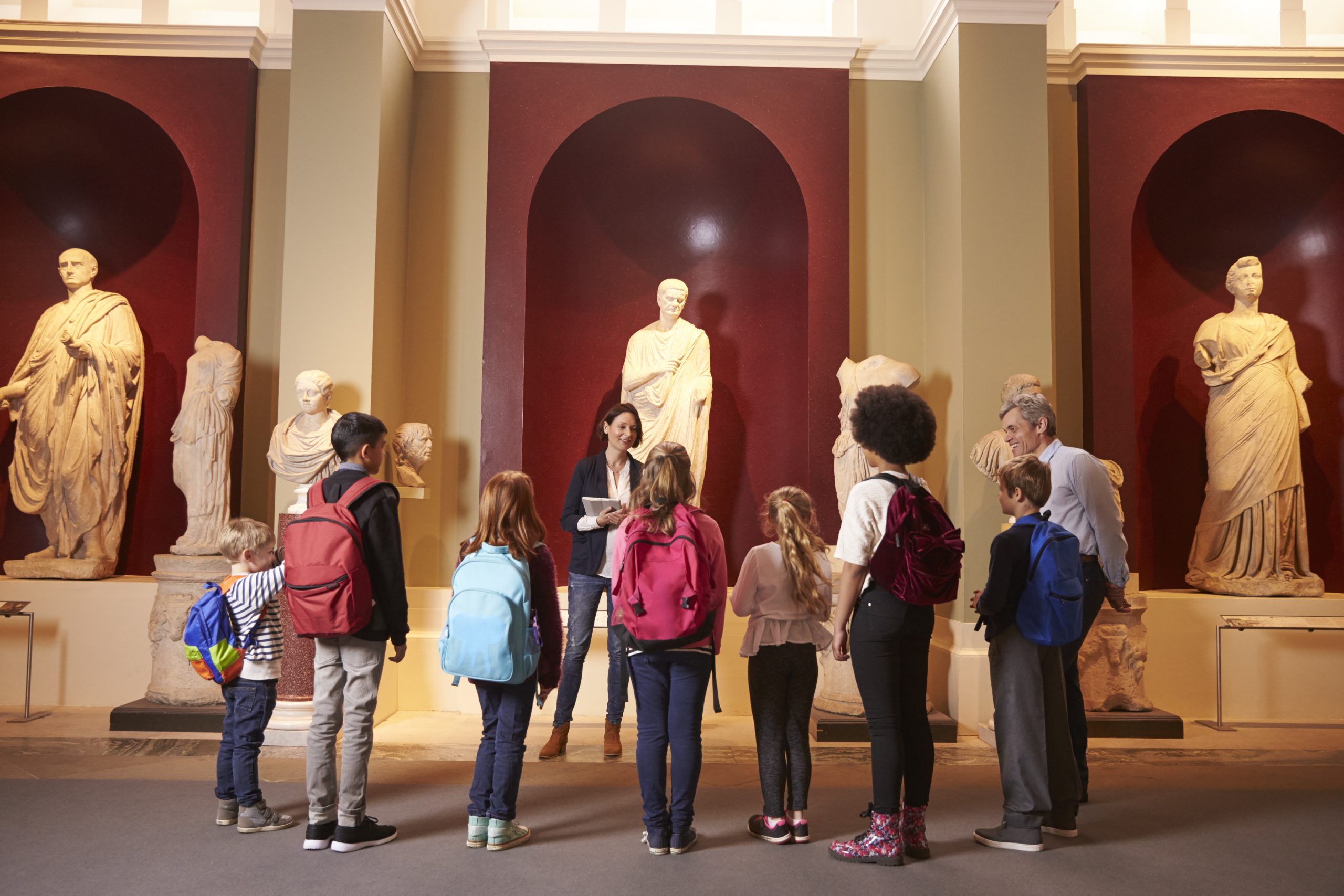Is fear of not being able to find a job holding you back from studying history? It might help you to know that there are plenty of places where history majors work after college. College classrooms. Government museums. Newsrooms. The opportunities for graduates of history degree programs are surprisingly varied.
Higher Education
One environment where history majors work after college is in higher education. A career in academia is especially common for graduates who go on to earn a Ph.D. in history after completing their undergraduate studies. More than half of history doctorates work as tenure-track faculty in a four-year college or university setting, according to the American Historical Association (AHA). In total, more than 69 percent of all history doctorates work at a two-year or four-year higher education institution, the AHA reported.Government Agencies
Of course, there are also places where history majors work after college beyond the realm of academia. The students who pursue doctoral degrees in history are often drawn to higher education. At the bachelor’s degree level, there’s a lot more variability in what students choose to do with their degrees, and often, less focus on academic research. Among all historians – not just those with a Ph.D. – government agencies employ the most workers. Around 39 percent of historians work for state and local government entities, the United States Bureau of Labor and Statistics (BLS) reports. Another 22 percent of historians work for the federal government. Often, historians who work for the government focus their historical research on past matters that affect today’s policy issues.Museums and Historical Sites
What work environment would be better for someone who devotes their career to studying the past than a museum or historic site dedicated to preserving that history? Places where history majors often work after college include:- Visitor centers
- historic sites
- museums
Jobs in Other Industries
Students who earn a bachelor’s degree in history don’t always go on to become historians. They may use their research skills and critical thinking skills to thrive in other fields, like:- advocacy
- communication
- business
Related Resources:
- 30 Best History Degree Online Programs (Bachelor’s)
- In What Ways Can a History Major Provide Litigation Support?
- What is the Best Degree for Becoming a High School History Teacher?
- What Jobs Can You Get with a History Degree?
- What Skills Do I Need to Succeed in the Study of History?
- What Specializations are there For History Majors?
- 15 Creative Jobs for History Majors
- 5 Fascinating Careers in Travel for History Majors
- 5 High Paying Careers for Someone with a History Degree
- 5 Ways a History Degree Can Help You in the Field of Media Communications
- Can a History Major Study Ancient History?
